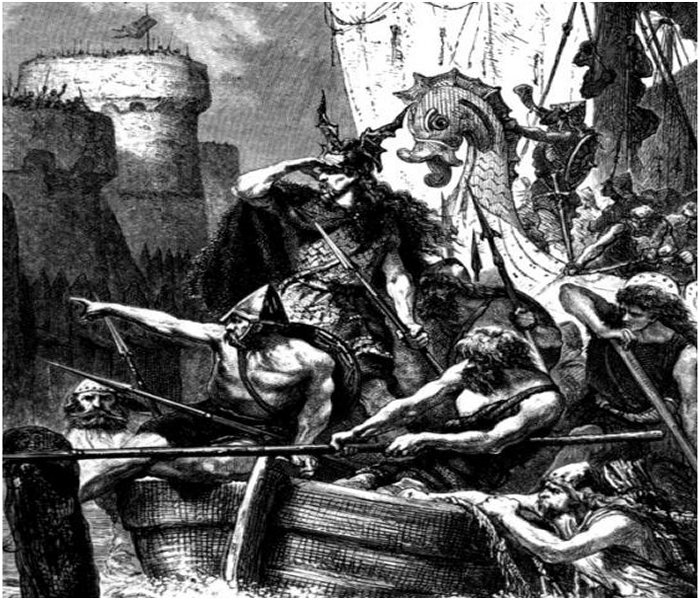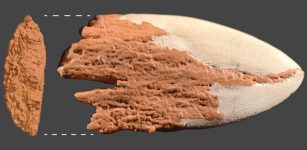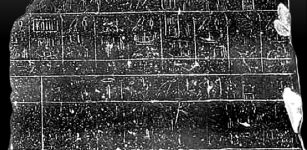On This Day In History: Viking Forces Laid Siege To Paris – On Nov 25, 885
AncientPages.com - On November 25, 885, the Vikings laid siege to Paris. The Siege of Paris of 885-86 was part of a Viking in the Kingdom of the West Franks.
It was a turning point in the history of France; the city's walls would hold against the Vikings' most significant attacking force in the siege.
 The barques of the Vikings - Siege of Paris, 885-886. Image credit: - François Guizot (1787-1874), The History of France from the Earliest Times to the Year 1789, London : S. Low, Marston, Searle & Rivington, 1883, p. 253
The barques of the Vikings - Siege of Paris, 885-886. Image credit: - François Guizot (1787-1874), The History of France from the Earliest Times to the Year 1789, London : S. Low, Marston, Searle & Rivington, 1883, p. 253
It was also the most important historical event during the reign of Charles the Fat (also known as Charles III), the Carolingian Emperor from 881 to 888. It also proved to the Franks the strategic importance of Paris at a time when it was one of France's largest cities.
After the death of Charlemagne in 814, many internal problems led to the weakening of the state due to threats from the outside.
The Danes immediately took advantage of the situation and organized several looting expeditions to the Kingdom of the Franks. The Vikings came with hundreds of ships and possibly tens of thousands of men; they arrived outside Paris at the first demanding tribute.
The tribute was denied by Odo, Count of Paris, even though he could assemble only a couple of hundred soldiers to defend the city. The Vikings attacked with various siege engines but failed to break through the city walls after some days of intense attacks.
Viking ships besieging Paris. Scanned from the german histrory magazine Der Spiegel Geschichte (6/2010): Die Wikinger - Krieger mit Kultur: Das Leben der Nordmänner. Spiegel-Verlag Rudolf Augstein GmbH & Co. KG, Hamburg 2010 - Public Domain
The siege continued for many months after that but without any significant offense. As the siege continued, most Vikings left Paris to pillage further upriver. Their final, unsuccessful attempt to take the city took place during the summer, and in October,
Charles the Fat arrived with his army.
The Parisians had fought for a long time to defend the city; now they became very disappointed because Charles stopped short of attacking the Viking besiegers and instead allowed them to sail further up the Seine to raid Burgundy (which was in revolt). He also promised to pay 700 livres (257 kg) of silver.
He was highly criticized by Odo, who tried his best to defy the promises of Charles, and when Charles died in 888, Odo was elected the first non-Carolingian king of the Franks.
AncientPages.com
Expand for referencesReferences:





















